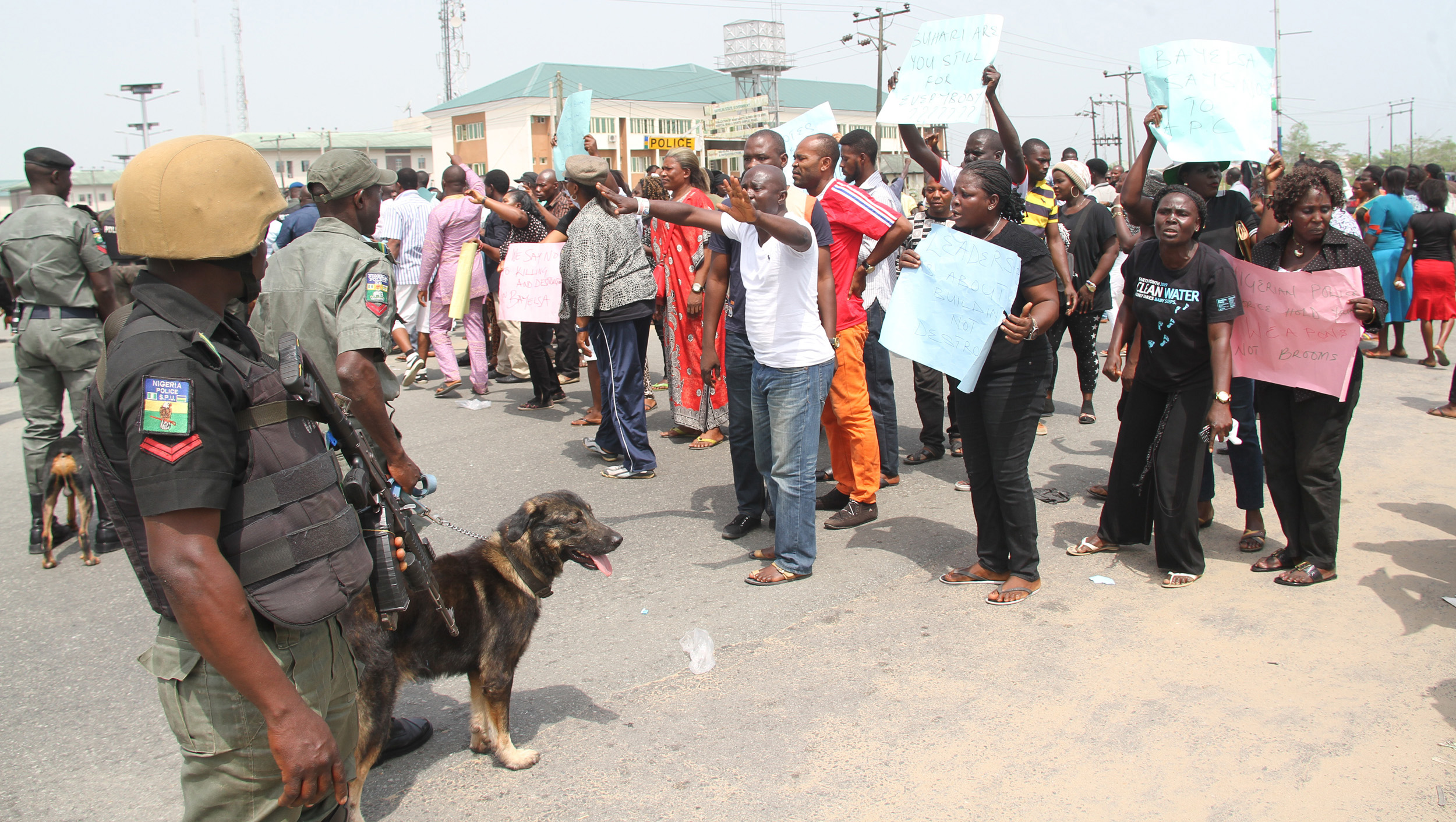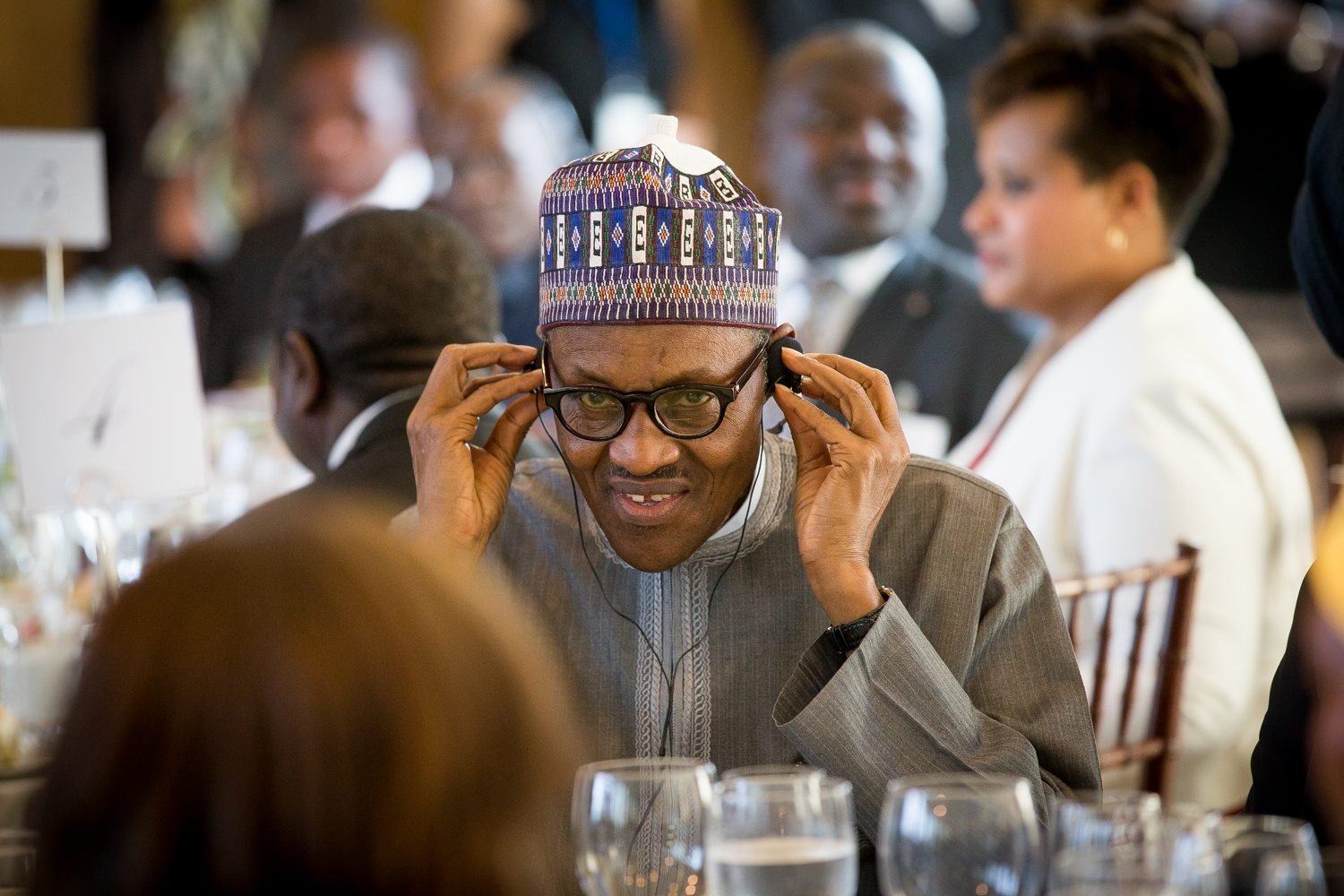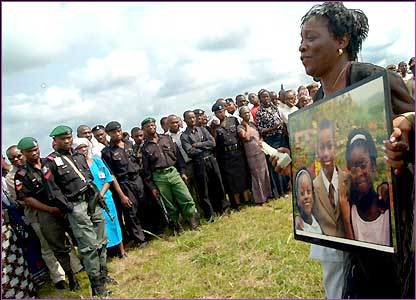Since the Independent National Electoral Commission declared the Bayelsa governorship election inconclusive on Monday, I’ve been wondering what would have happened if the chairman, Professor Mahmood Yakubu, had been the one who conducted the last general election.
And who knows, since former President Goodluck Jonathan almost bowed to pressure to remove Attahiru Jega, this same Yakubu or a Yakubulette, perhaps someone like him, could have taken his place.
Would we have had an inconclusive general election?
On Mahmood Yakubu’s watch, INEC has conducted two state elections involving roughly two million registered voters on different dates and none of them was completed at first ballot. The first time it happened in Kogi two weeks ago, INEC explained that the election was “inconclusive” because the voided votes were more than the difference between Abubakar Audu’s vote and that of his main rival, Idris Wada.
Advertisement
There were, of course, those who thought that was nonsense; that if you removed voters without permanent voter cards from the register, the APC candidate would have won on the first ballot. But Yakubu and his men wanted to err on the side of caution and therefore declared the election “inconclusive.”
APC’s Yahaya Bello may have been the unintended beneficiary of the “inconclusive” outcome, but his party may have also been saved the Rivers moment, when the court removed Celestine Omehia from office because he was not a candidate in the party primaries.
But what was inconclusive in Kogi? Was it the election, the death of Audu or both? It may sound funny but there are those who have argued, quite vigorously, that Yakubu declared the election inconclusive because he needed to buy time to consult with higher powers before making the call.
Advertisement
It’s quite tempting to think that this higher power can be none other than President Muhammadu Buhari. My guess is, likely not. The last thing you’ll catch Buhari doing is to sit down and discuss such matters with anyone. The fear of him will not even encourage those who may wish to try. But that does not mean that there aren’t people around him who take care of such matters in his name.
With the dust from the Kogi election still to settle, you can imagine the concern of voters when Yakubu’s men declared the Bayelsa election inconclusive again. The excuse this time is that the vote in the Southern Ijaw Local Government Area was severely marred by ballot stuffing, intimidation and violence.
Incumbent governor, Seriake Dickson, was leading when INEC suspended the election. Although the electoral body said it declared the election “inconclusive” because Dickson had not secured a comfortable margin over his rival, the suspicion is that INEC, under Yakubu, is on a mission to finish off the Peoples Democratic Party. It would be interesting to see what happens if INEC announces a result that goes the other way.
With another inconclusive election after Kogi, Yakubu is not helping matters. What happened in Southern Ijaw local government on Saturday should not have come as a surprise. The local government has the highest concentration of ex-militants in Bayelsa, a number of who are still armed, rich and very dangerous. For them, the election is not just about choosing a governor to run the affairs of the state for another four years. It’s about their personal survival.
Advertisement
With their patrons facing corruption trial and signs from Abuja that Buhari’s government is unlikely to renew existing sweetheart pipeline surveillance deals running into billions of naira, not to mention dwindling revenue from the state’s pot, it was clear they would resist any potential outcome they think would not favour them.
In this circumstance, an inconclusive election is playing with fire.
Yakubu should have known that Bayelsa was not going to be a tea party and taken steps – hand-in-hand with security agencies – to prevent Saturday’s farce. If INEC, on his watch, cannot complete any one of two elections held in two different states on two separate days, how does he hope to organise a general election with all its headaches?
There is yet no evidence that the “inconclusive” outcome of the Bayelsa election was inevitable. What sticks in the nails is INEC’s unpreparedness. There are dangers in continuing this way. Voter confidence is not only undermined, shabby outcomes provide fertile grounds for needless post-election litigations. Disputed state elections have so far produced five governors wheeled in by the courts, rather than by voters. And we’re still counting.
Advertisement
Of course the courts have their place in any open, democratic society. I’m not sure, however, that place includes systematically making the voter’s choice irrelevant by holding sham or inconclusive elections and leaving the courts to clear the mess.
I understand that Yakubu was appointed only two months ago and, as we say here, had barely “settled down” before Kogi and Bayelsa. False starts come with the job and former INEC Chairman, Attahiru Jega, also had his own fair share.
Advertisement
Two inconclusive elections are enough. The Edo and Ondo state governorship elections are coming up in a few months. With the shadow boxing between Governor Adams Oshiomhole of Edo and his predecessor, Lucky Igbenedion, Yakubu does not need a shaman to tell him he has a tough job ahead of him.
One more inconclusive – or shambolic – election and we’ll be obliged to throw him under the bus.
Advertisement
Leave Social Media Alone
It seems the Senate does not want social media, except the one that feeds off its palm. Fortunately, it doesn’t work that way. The last anecdotal newspaper entitled, “Good News,” devoted 100 per cent to printing only good news because its publisher was tired of all the bad press. It didn’t survive more than three years. And that was before the Internet. It’s silly, foolish and futile to hope that you can catch and banish bad news with gag laws. Inconvenient as it may be sometimes, the good and the bad will contend, and each will find its market – and its level. If Ibrahim N’Allah is unhappy with this, I can assure him there are enough laws in the books to hang all his enemies – if only he’ll bother to read or find a good lawyer.
Ishiekwene is the managing director/editor-in-chief of The Interview and board member of the Paris-based Global Editor’s Network
Advertisement
Views expressed by contributors are strictly personal and not of TheCable.
Add a comment







